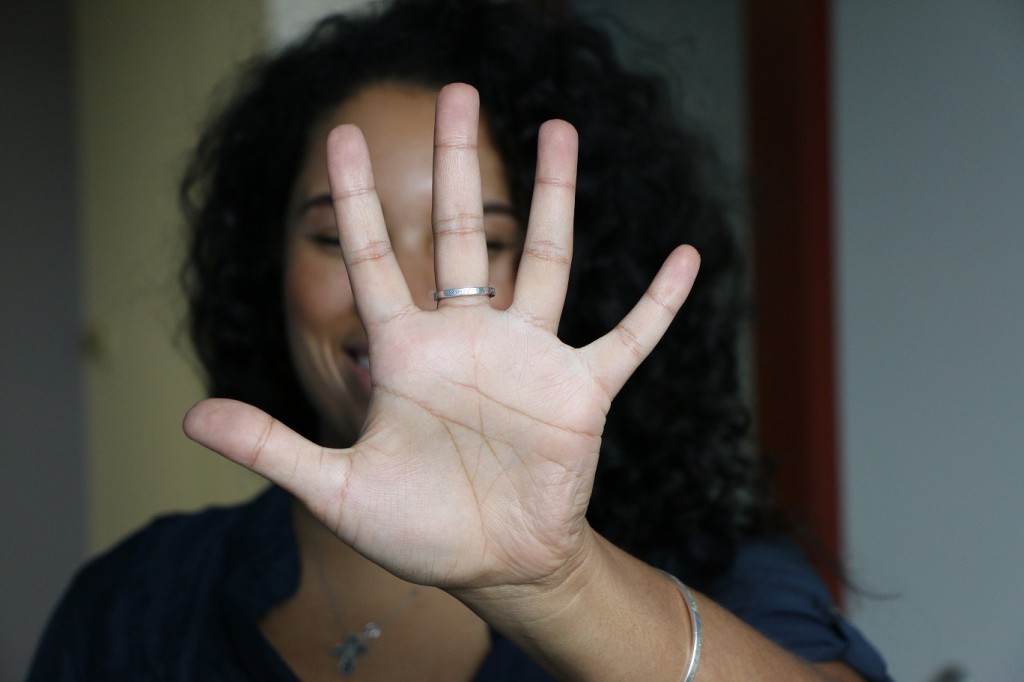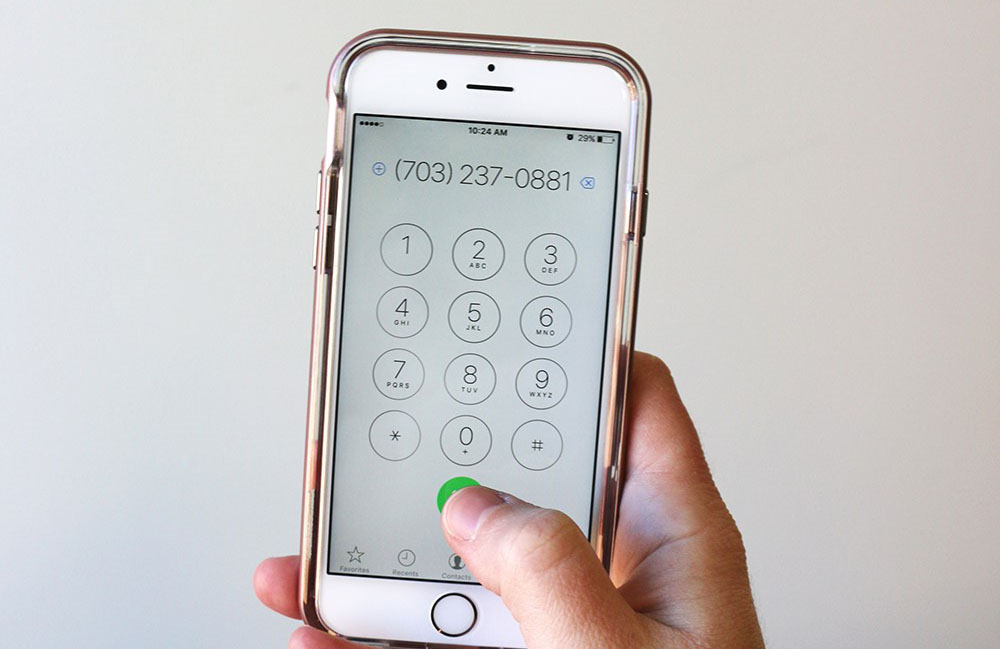Like all community-based nonprofits, Art Enables‘ team is our most important asset. We are small but mighty, with just four full-time and one part-time staff members to advance our mission of creating opportunities for artists with disabilities to make, market, and earn income from their original and compelling artwork.
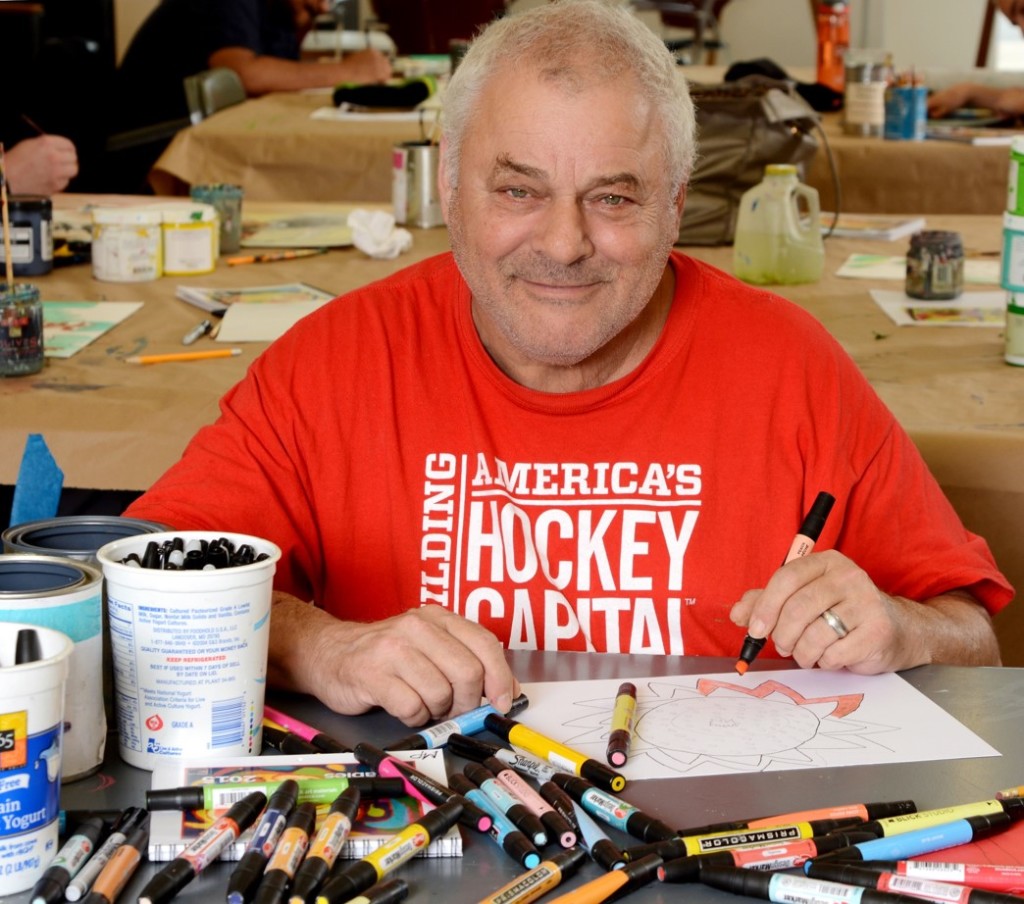
The process of growing to a staff of five has taken 15 years. In Art Enables first year in 2001, our founder, Joyce Muis-Lowery, accomplished the vast majority of our work with support from a small group of very committed volunteers. Art Enables at that time was focused on its studio arts and exhibitions programs, both very entrepreneurial in nature. Through the studio arts program, our resident artists experiment, develop, and create their artwork in a supported and professional studio environment. Our exhibitions program showcases and promotes our artists through large group, small group, and individual exhibitions both onsite in our galleries and through offsite shows at local, national, and international venues. In addition to fundraising and managing operations, Joyce, with the help of that small group of volunteers, led almost all aspects of our programs in those early days.
In 2002, Art Enables hired its first full-time employee, an Art Director, devoted to overseeing a significant portion of the operations elements of the program. This role was an important first hire because the organization had just moved into a new physical location, our first opportunity to really develop and expand our work. Managing the onsite programs, along with developing a public outlet for our artists’ work, required experience of and savvy with the broader arts community.
As we continued to build upon and improve our programs, we recognized there was still more we could do to engage the general public and to foster our artists’ success as professionals. We piloted our community arts program in 2012, and now we host a variety of workshops, joint art projects, events, and exhibitions as a way for the public to join our artists in the art making (and enjoyment!) process. A mainstay of the community arts program is our 2nd Saturday Workshops, which now regularly host hundreds of DC area residents, supporters, neighbors, families, art lovers, and passers-by at each free event. (We hope to see you at one check out our news and events page for upcoming happenings!)
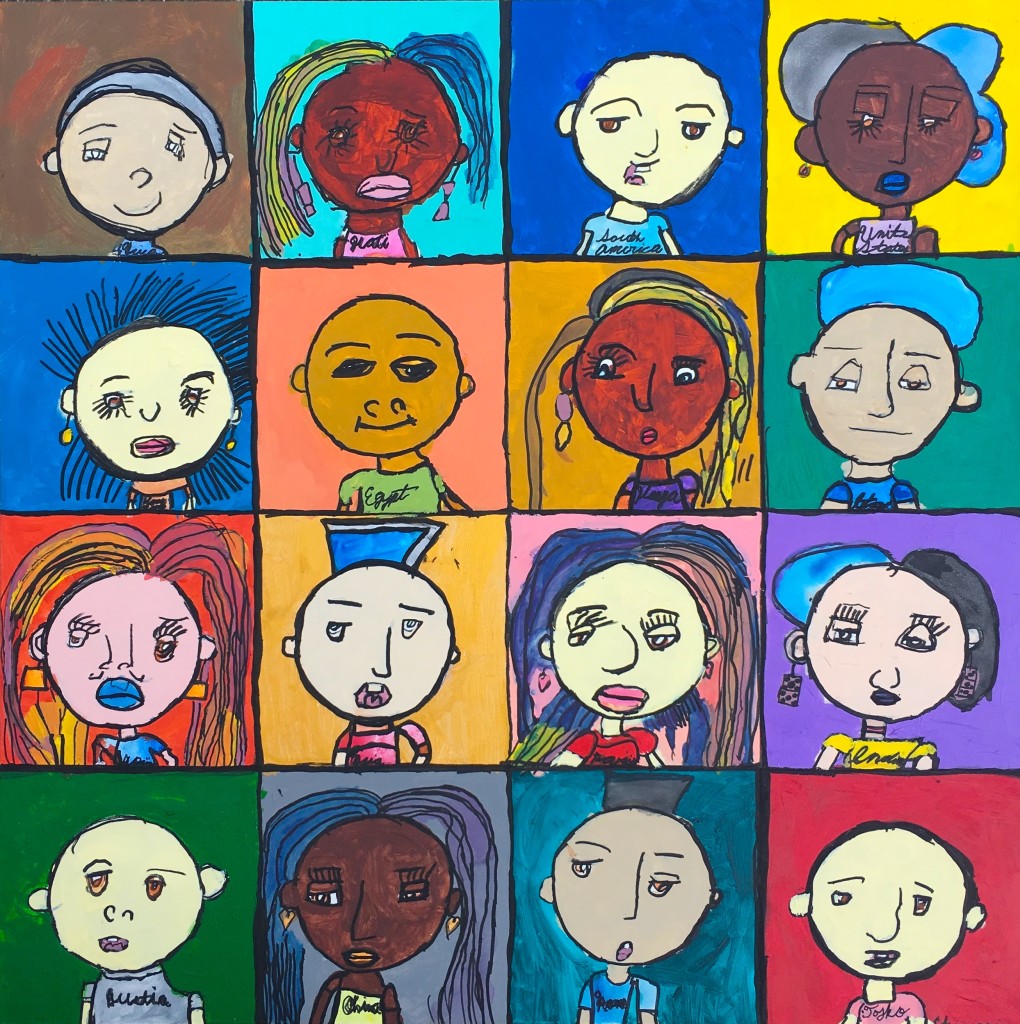
As the expansion of our program offerings show, we’ve accomplished a tremendous amount since 2001. Art Enables artists have sold nearly $1 million in artwork since our founding, and have exhibited work in hundreds of exhibitions and shows. We’ve worked hard to find new ways to advance our mission and to enrich the lives and careers of our artists.
Yet there’s still so much more we can and want to do. As we look ahead to our next 15 years, we see incredible opportunity for us to strengthen our creative and vocational assistance to artists in the program, increase their income opportunities, and support them as they build their careers as professional artists. We are also driven to enhance and broaden our profile not only as a gallery and studio, but as an arts venue and community space that fosters artistic expression and collaboration as well. And through all our work, we want to strengthen our voice as a leader on issues that impact the disabilities and arts communities.
With those goals on the horizon, we have our work cut out for us! That’s why as a first step towards success on this next phase of our work, we’re excited to add our first-ever dedicated fundraising professional to our staff.
The role we created, Development and Communications Manager, is the result of much deliberation, conversation, and excitement for our future. Investing in a new staff member is always a big commitment. That said, I see all the ways that investing in development is critical to moving our work and our goals forward. Art Enables is committed to supporting the artists in our studio on their professional journey, and this exciting new position will be key to that effort.
Please help Art Enables find its new Development and Communications Manager. Share this link – Development and Communications Manager or apply yourself!

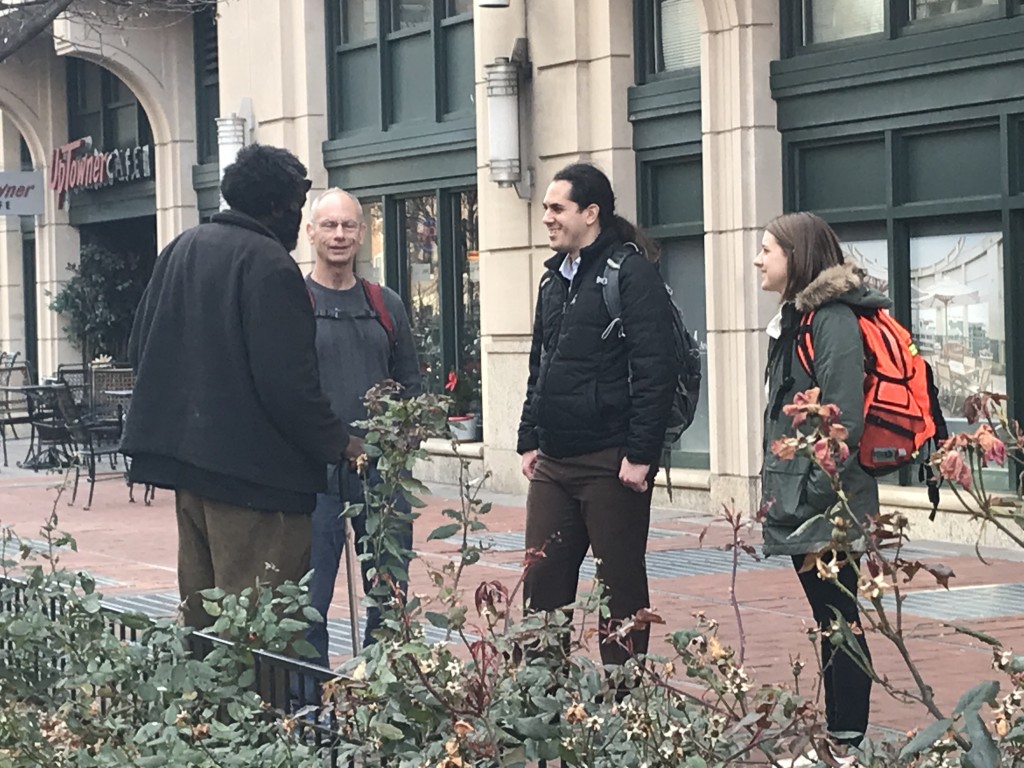 On a chilly afternoon this past December, I accompanied GMC Executive Director, Gunther Stern, and GMC Consultant Psychiatrist, Dr. John Tarim on street outreach (a program where GMC staff check on and visit with individuals experiencing homelessness outside of the Center, directly on the streets). We’d been walking for about an hour and as we made our way down a street in West End, Gunther called out a greeting to an approaching figure — a large man, well over 6 feet tall and of a stocky build, walking with a cane. To protect his privacy, we’ll call him Ed.
On a chilly afternoon this past December, I accompanied GMC Executive Director, Gunther Stern, and GMC Consultant Psychiatrist, Dr. John Tarim on street outreach (a program where GMC staff check on and visit with individuals experiencing homelessness outside of the Center, directly on the streets). We’d been walking for about an hour and as we made our way down a street in West End, Gunther called out a greeting to an approaching figure — a large man, well over 6 feet tall and of a stocky build, walking with a cane. To protect his privacy, we’ll call him Ed.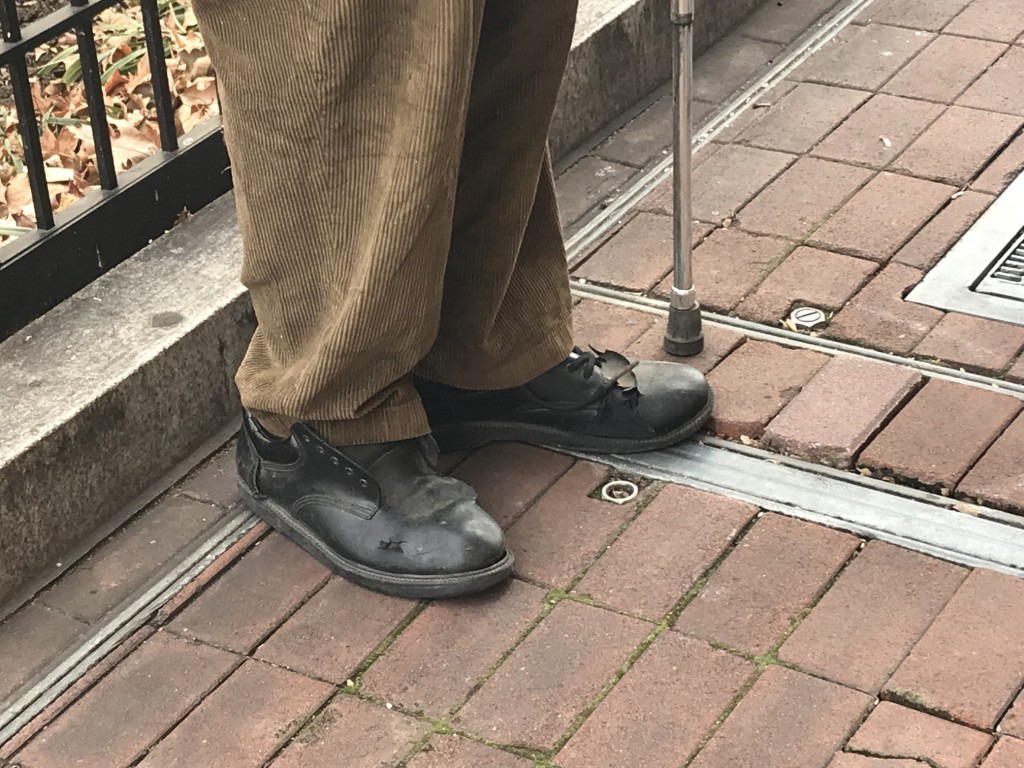 I happened to glance down toward Ed’s feet at the same moment Gunther asked, “How are your shoes holding up?” It was a gentle but pointed inquiry. The answer was obvious to all of us without Ed saying anything. His black, leather shoes were well beyond the point of “holding up” — they were literally falling apart. Only his left shoe had a shoelace. Threads were coming out of the seams on both soles and there were large gaping cracks in the leather on both shoes. The hole on the top of his left shoe was so large that I wondered how it was staying on his foot, let alone providing any protection from the cold.
I happened to glance down toward Ed’s feet at the same moment Gunther asked, “How are your shoes holding up?” It was a gentle but pointed inquiry. The answer was obvious to all of us without Ed saying anything. His black, leather shoes were well beyond the point of “holding up” — they were literally falling apart. Only his left shoe had a shoelace. Threads were coming out of the seams on both soles and there were large gaping cracks in the leather on both shoes. The hole on the top of his left shoe was so large that I wondered how it was staying on his foot, let alone providing any protection from the cold.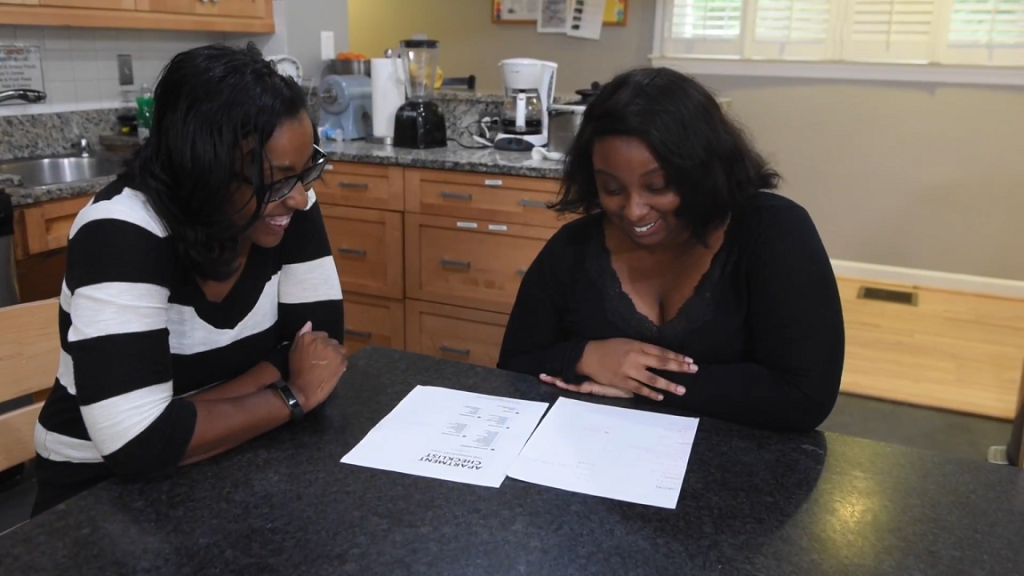 Founded in 1978,
Founded in 1978, 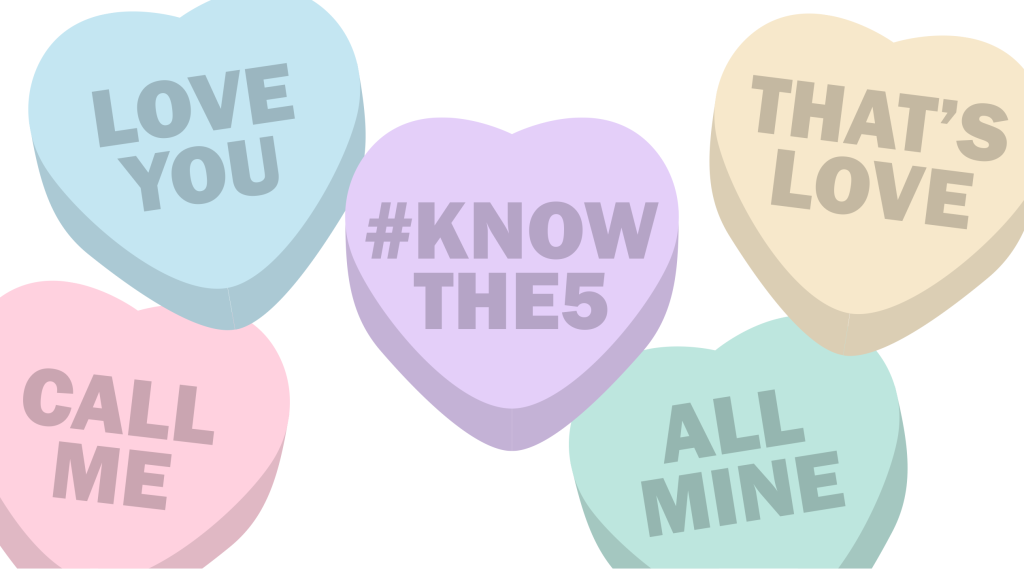 Did you know that one in three teens in the United States experiences dating violence
Did you know that one in three teens in the United States experiences dating violence February is Teen Dating Violence Awareness Month. “Teen DV Month (sometimes called TDVAM) is a national effort to raise awareness about abuse in teen and 20-something relationships and promote programs that prevent it,” writes
February is Teen Dating Violence Awareness Month. “Teen DV Month (sometimes called TDVAM) is a national effort to raise awareness about abuse in teen and 20-something relationships and promote programs that prevent it,” writes 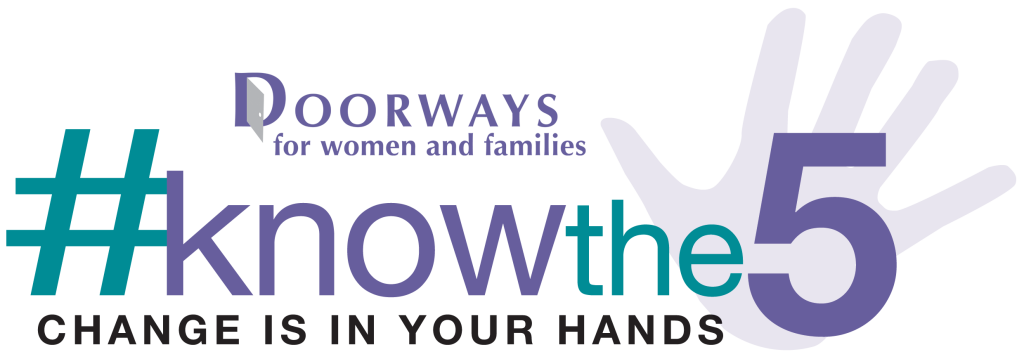
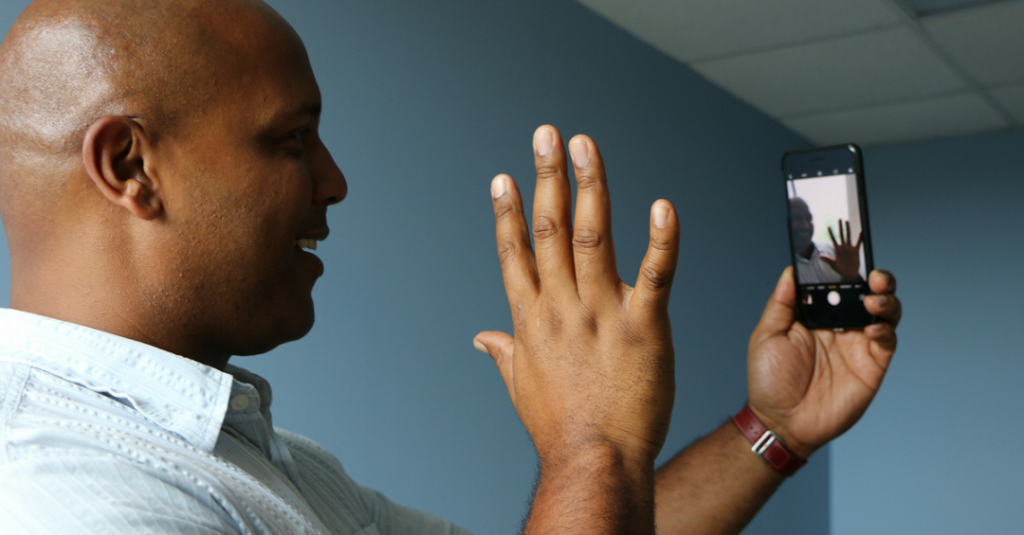 Step 3: Post your selfie and tag 5 friends to join you to multiply your impact!
Step 3: Post your selfie and tag 5 friends to join you to multiply your impact!